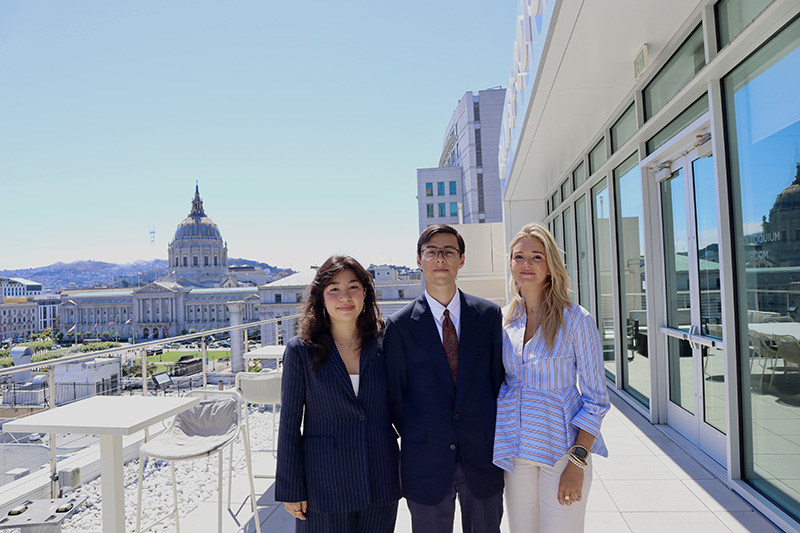At any given moment, thousands of young people—disproportionately youth of color—occupy juvenile detention centers in California, raising the odds that they’ll spend time in prison as adults and face more challenges finding jobs, housing, and thriving in society.
At UC Law San Francisco, researchers are working as part of a team across three California campuses to learn what factors lead young people to get caught up in the juvenile justice system and how to better educate and serve those already in the system.
It’s part of the Bench to School Initiative through the California Institute on Law, Neuroscience and Education (CA Institute), a collaboration between UC Law SF, UCSF Dyslexia Center, and the UCLA School of Education. It brings together researchers, practitioners, and policy experts to design projects with the goal of ending the school-to-prison cycle for generations of children.
“The California Institute aims to disrupt the school-to-prison pipeline in California by addressing literacy outcomes in school settings through a collaborative multi-stakeholder and multidisciplinary approach,” said UC Law SF Chancellor & Dean David Faigman, who has championed the collaborative work.
Established by the California Legislature in 2021, the initiative coincides with ongoing reforms to the state’s juvenile justice system. As part of those efforts, the state shut down the last of its state-operated juvenile detention centers this past June, transferring detainees to county facilities.

